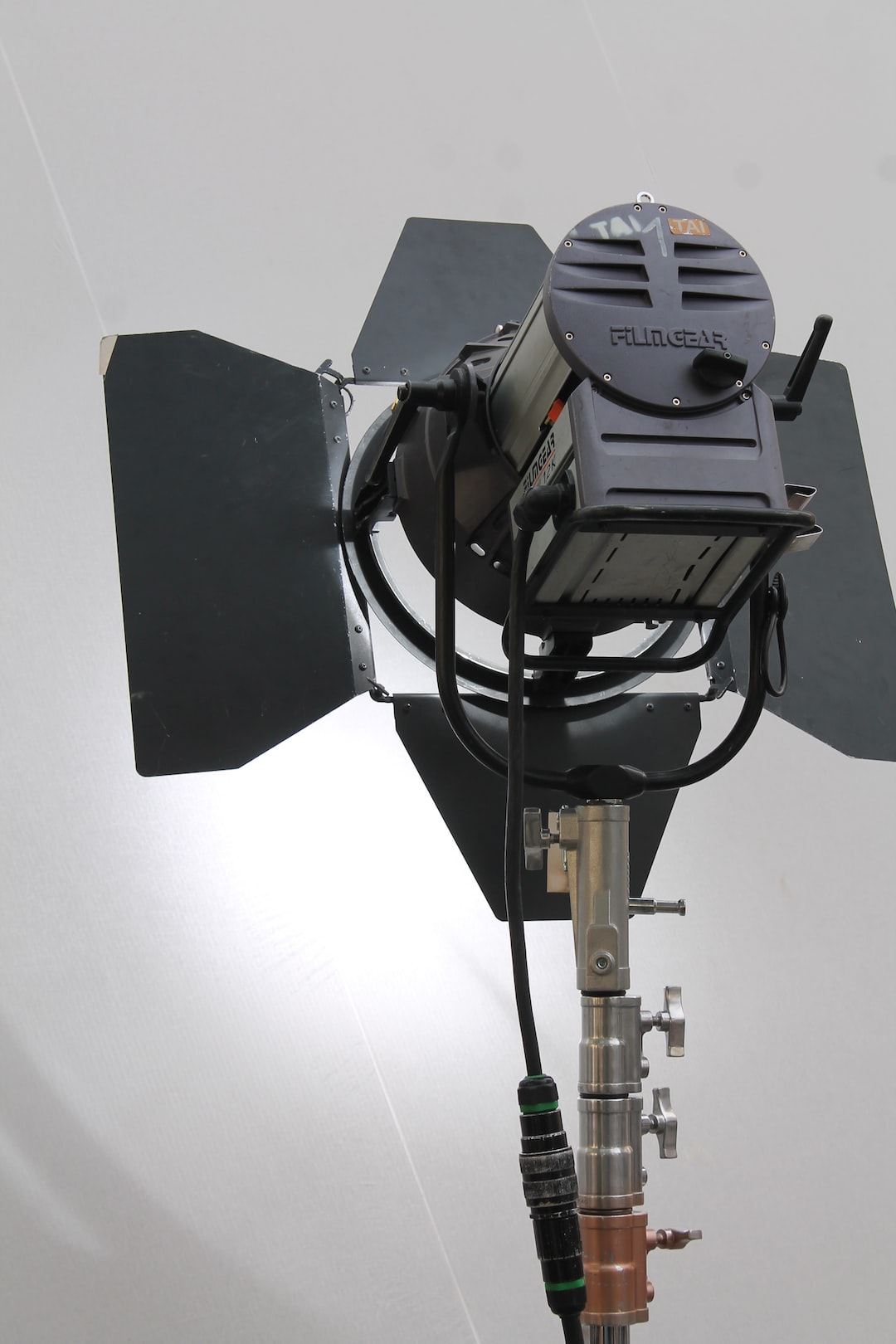Media and Democracy: Investigating the Relationship
In a world that is increasingly interconnected and influenced by media, democracy plays a critical role in ensuring that power is distributed and people have a say in the decision-making processes that govern their lives. Media, on the other hand, serves as a facilitator of information and a watchdog, holding institutions and individuals accountable. The relationship between media and democracy is complex and multifaceted, and it is crucial to explore and understand the dynamics at play.
One of the fundamental pillars of democracy is the ability of citizens to make informed decisions. In this context, media acts as a bridge between the state and its citizens, disseminating information, and facilitating public discourse. It serves as a public sphere where ideas, opinions, and facts can be exchanged. However, media’s role in shaping public opinion cannot be overlooked. The information presented by media outlets can influence the way people perceive political actors, policies, and events. Consequently, media’s responsibility in ensuring accuracy, fairness, and impartiality is vital for the functioning of a healthy democracy.
Media plurality is another crucial aspect of the media-democracy relationship. The existence of a diverse range of media outlets and voices is essential for a vibrant and inclusive democratic society. It allows for the representation of different perspectives and ensures that no single narrative dominates the public discourse. However, with media consolidation and the rise of digital platforms, there is a growing concern about the concentration of media ownership and the subsequent homogenization of viewpoints. It is imperative to safeguard media plurality to prevent the emergence of echo chambers and to ensure that a wide range of perspectives is accessible to the public.
The influence of money on media also poses a significant challenge to democracy. In an era of commercialization, media outlets often rely on advertising revenue, which can lead to conflicts of interest and an erosion of editorial independence. Big corporations and wealthy individuals may have the power to shape media narratives by controlling the flow of resources. This inevitably raises questions about the authenticity and impartiality of the information being presented. It is, therefore, crucial to foster media independence and transparency, as well as encourage alternative funding models that reduce reliance on corporate interests.
The advent of digital media has significantly transformed the media landscape and its relationship with democracy. On one hand, digital platforms have democratized access to information, providing citizens with the ability to actively participate in public discourse. Social media has facilitated the mobilization of movements, enabling citizens to organize and express their views on pressing social and political issues. However, the rise of misinformation, filter bubbles, and echo chambers on these platforms has also posed challenges to democracy. Disinformation campaigns and the spread of fake news have the potential to distort public opinion and undermine trust in institutions and established media outlets. Addressing these challenges requires a multi-faceted approach involving media literacy, fact-checking initiatives, and platform regulation.
Furthermore, the relationship between media and democracy extends beyond national borders. Media freedom is not universal, and in some countries, journalists face censorship, harassment, and even violence for their work. Press freedom is an essential prerequisite for democracy as it ensures that citizens are well-informed and guarantees the accountability of those in power. The international community must relentlessly defend and advocate for the protection of journalists and the freedom of the press worldwide.
In conclusion, the intricate relationship between media and democracy warrants constant investigation and understanding. Media plays a crucial role in enabling informed decision-making, facilitating public discourse, and holding power to account. However, challenges such as media ownership concentration, commercialization, the spread of misinformation, and international press freedom violations must be addressed to ensure the media’s positive contribution to democracy. As citizens, we must actively engage with media, critically evaluate information, and support media outlets that champion transparency, accuracy, and diversity. Only through an informed and engaged citizenry can media and democracy thrive hand in hand.
